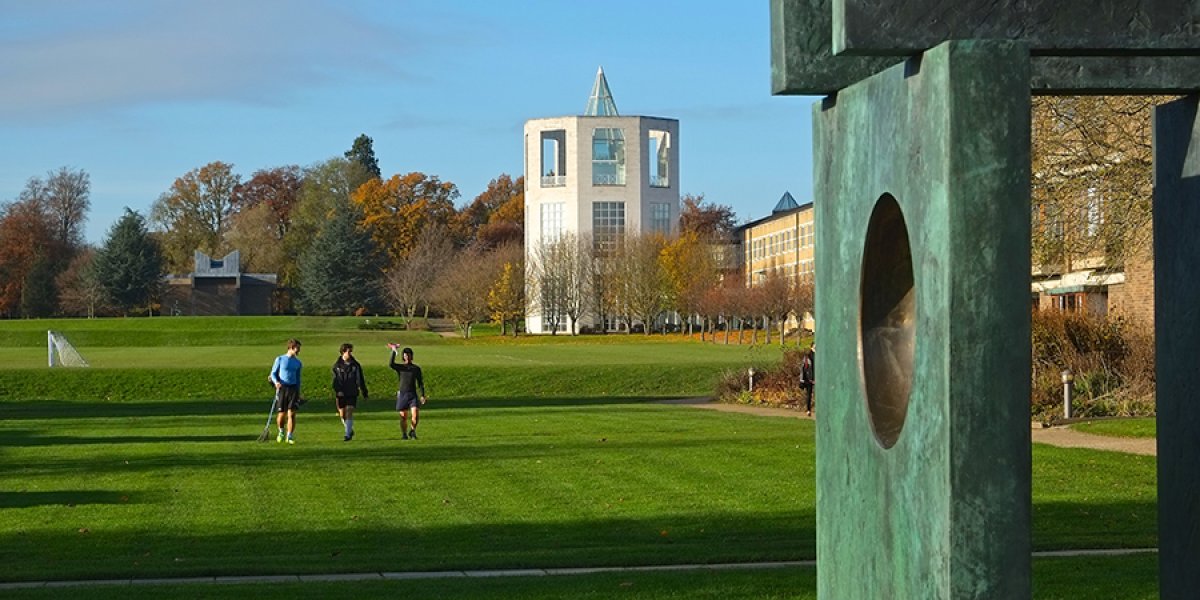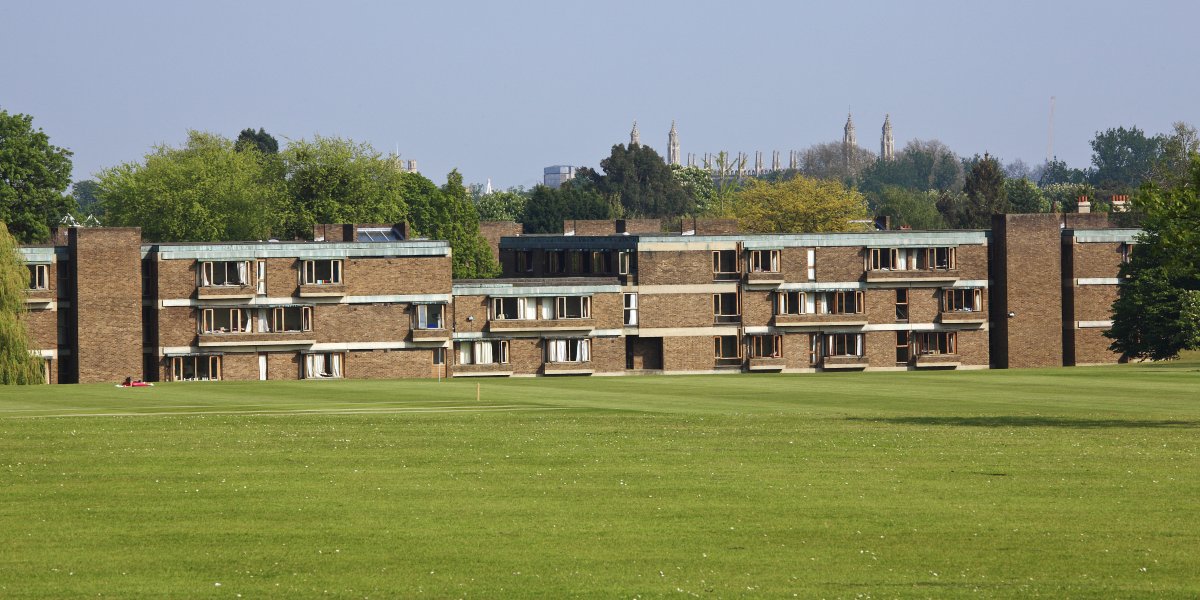The true measure of success - Keith Paton
Keith Paton (Churchill 1963) ponders the nature of public and private success.

At primary school I was one of two at the top of the class; at secondary school I was one of three. On the sporting side, I represented my school at cricket and rugby but went no further. Later I was one of three in the honours mathematics class at Aberdeen University where I gained the degree of MA with first class honours. So far so successful!
While studying for an MSc at Newcastle I hit my mathematical ceiling. I found that although I could prove the theorems I encountered I was unable to invent new ones. Switching fields, I gained a place at Churchill College to study at the quaintly named Mathematical Laboratory.
I remember how we graduate students would line up at 10.45am to run our programs on the lab’s main computer, the EDSAC. The programs were punched on paper tape; talented students could examine the results of one run and modify their programs with sticky tape ready for a second try before the session closed at 11am.
At Cambridge I gained a PhD with a thesis entitled Man-machine interaction in school time-tabling and aerofoil design; looking back I see that it was no more than competent.
Measuring pneumoconiosis
After Cambridge I joined the Medical Research Council to work on computer-aided analysis of medical imagery. My colleague Roger Jagoe and I devised a program that measured the degree of pneumoconiosis in chest X-rays as well as did an expert radiologist.
You will recall the film The Imitation Game which described Alan Turing and his famous test for deciding whether a machine could think. Our program passed the Turing test for radiologists and I count its ability to measure the degree of pneumoconiosis from chest X-rays as my most successful achievement.
Pneumoconiosis is progressive in the sense that once a miner has the disease it progresses even if there is no further exposure. Thus our program could not be used in screening to detect early onset of the disease; the most we could do was to measure the degree of pneumoconiosis, a quantity which the Compensation Board would use to decide the level of compensation to which an affected coal miner was entitled. We carried out our work in 1968.
Problem solving in programing
In 1980 I moved to Canada, where I spent twelve years with Bell-Northern Research and seven as president and sole member of my company, somewhat grandly titled Paton System Design. With the latter I built programs to find faults in other people’s programs. Although my programs found many faults it turned out that these were of style rather than of substance; the faults made the program harder to understand but did not cause it to misbehave.
Nonetheless I was able to keep my financial head above water. When I found myself spending more time looking for work than working, I knew I was not being successful; it was time to retire. Fortunately by this time I had saved enough to do so.
A new venture
My Belgian wife and I retired to Mechelen in the Flanders region of Belgium where I sing in several choirs. After a lifetime working in software development, I am now seeking to re-invent myself as a singer in pubs and clubs, presenting concerts mainly of Scottish and Irish traditional songs to a paying audience. I say paying audience because I believe one should not sing for nothing. This is not because I have any great idea of my musical talents but because I don’t want to take bread from the mouths of professional musicians, however unlikely that may sound. I haven’t achieved any great success yet but I’ve had a lot of fun trying.
Two flavours of success
One useful thing I’ve learned on my journey through life is that success comes in two flavours, public and private. Gaining an FRS is a public success and objective. Private success is making the best use of our inherited talents; it’s largely subjective. Few of us will become an FRS (although two of my Cambridge contemporaries did!) but we can all achieve private success; let us make that our aim.
Keith Paton has a PhD in Computer Science and attended Churchill College.
If you would like to submit your own alumni story, send us an email for details of our submission guidelines.
This article has been written by Keith Paton and the opinions expressed are those of the author.

